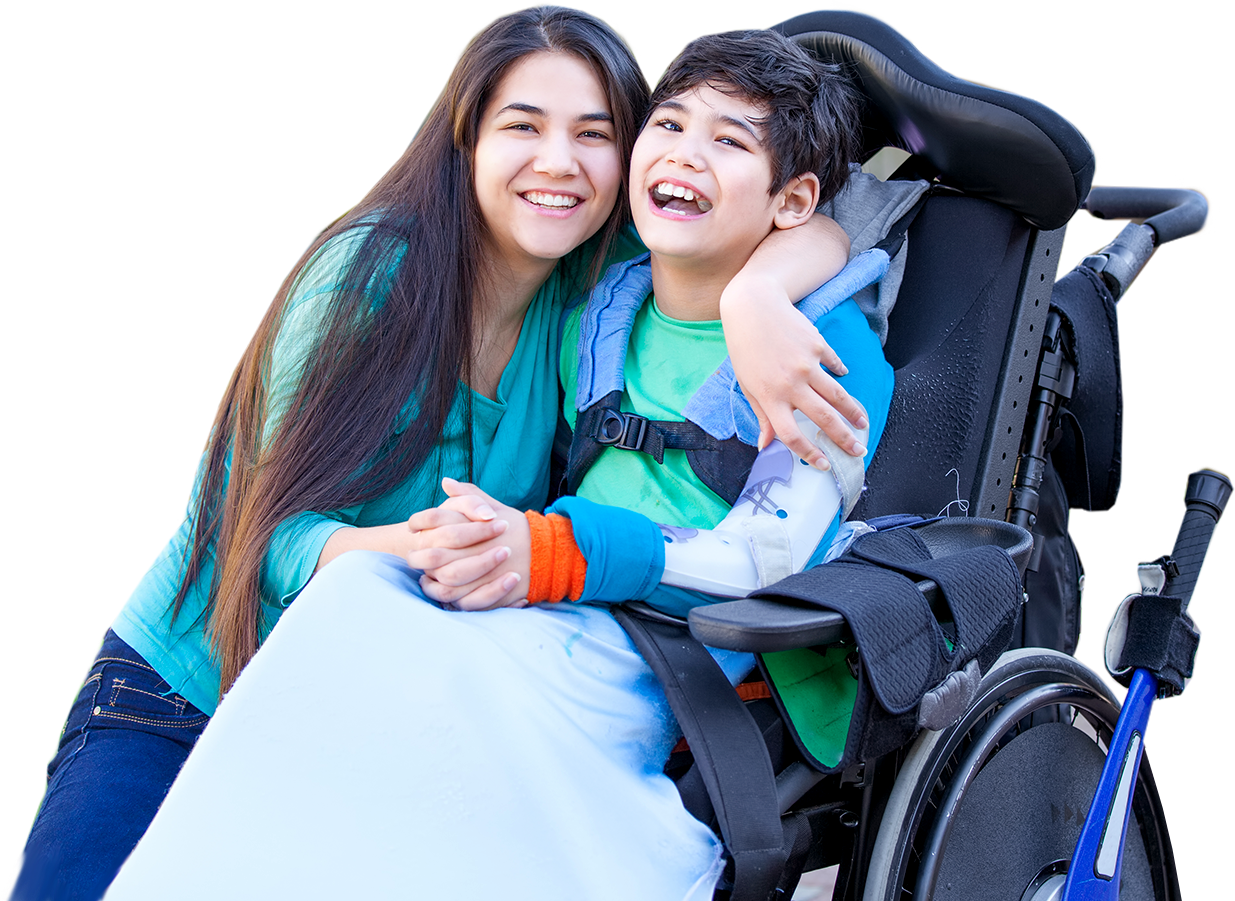CPFN Blog
advice to better care for your child

- Alternative
- Assistive Technology
- Associated Conditions
- Birth Injury
- Causes of Cerebral Palsy
- Cerebral Palsy Diagnosis
- Cerebral Palsy Information
- Cerebral Palsy Therapies
- Cerebral Palsy Treatments
- Child Development
- Doctor Visits
- Education
- Equipment
- Featured
- Legal Help
- Medical Research
- News
- Patient Care
- Prenatal Care and Childbirth
- Stories
- Tips for Parents
- Types of Cerebral Palsy
- Updates
Back-to-School Tips for Parents of Children with Cerebral Palsy
By Anita Howell CPFN Special Contributor Most school districts are in full swing by now and, regardless of what turmoil the pandemic is currently bringing, there are a few things about back-to-school that remain consistent every year. Let’s take a look at a few. Finding Your Voice for Your Next IEP Meeting For those of... Read More
Cerebral Palsy and Chiropractic Care
When we picture someone lying on a chiropractor’s table for an adjustment, it’s most likely an adult. After all, neck pain, back pain, spinal discomfort, and the struggle to sit or stand is usually a result of the wear and tear of our joints and bones over time. But here in the cerebral palsy community,... Read More
Cerebral Palsy Lawsuits
While most parents may never know the exact cause of their child’s cerebral palsy, some cases can be directly connected to medically negligent prenatal or neonatal care or even a birth injury. If you believe an error in the healthcare you or your baby received may be responsible for causing your child’s cerebral palsy, the... Read More
A Parent’s Guide to Birth Asphyxia and Cerebral Palsy
If your baby suffered asphyxia during birth that resulted in a brain injury, you are likely seeking answers about why and how the injury happened, if it could have been prevented, and what your child’s future looks like. Below we answer some of the most common questions parents have, including those about birth asphyxia and... Read More
Dyskinesia and Cerebral Palsy
Dyskinesia by definition is a movement disorder. Involuntary (not within a person’s control) muscle contractions create uncontrollable bodily movements. These involuntary movements are often triggered when trying to perform everyday tasks, such as reaching for a glass of water. There are three general categories of dyskinetic movement disorders: Dystonia presents as twisting and repetitive type... Read More
A Parent’s Guide to Physical Therapy for Cerebral Palsy
Each individual diagnosed with cerebral palsy may face special challenges, and no one-size-fits-all plan for treatment exists. Many individuals diagnosed with cerebral palsy (CP) experience significant physical setbacks. As a result, physical therapy for cerebral palsy is often a core element of treatment. Your child’s team of healthcare professionals can work with you to determine... Read More
Apraxia and Cerebral Palsy: How Are They Linked?
From balance and posture to speech and vision, cerebral palsy can affect a wide range of your child’s abilities and symptoms. Some children who develop cerebral palsy also have related complications and disorders, such as apraxia of speech. Discover how apraxia and cerebral palsy may be linked, and learn more about diagnosis and treatment for... Read More
Can a Child Recover from Brain Damage?
Cerebral palsy can result if a baby’s cerebral motor cortex does not develop normally during fetal growth, or if the child experiences a brain injury before, during, or after birth. Though this brain damage cannot be repaired, various treatment options can sometimes improve a child’s capability and prognosis. Generally speaking, the earlier treatment begins, the... Read More
Alcohol and Drug Use During Pregnancy
Cerebral palsy is the result of abnormal brain development or damage to the brain of a fetus or young baby. There are a number of factors that can lead to the development of cerebral palsy, with many of them related to prolonged labor, high-risk mothers, and medical negligence. In some cases, it is impossible to... Read More
How To Choose a Cerebral Palsy Lawyer
When your child is diagnosed with cerebral palsy and you believe the condition was caused by medical malpractice, you may feel an understandable sense of urgency when it comes to seeking justice for your child’s injury. You may also feel pressed to choose an attorney because of concerns about the statute of limitations—the window of... Read More
